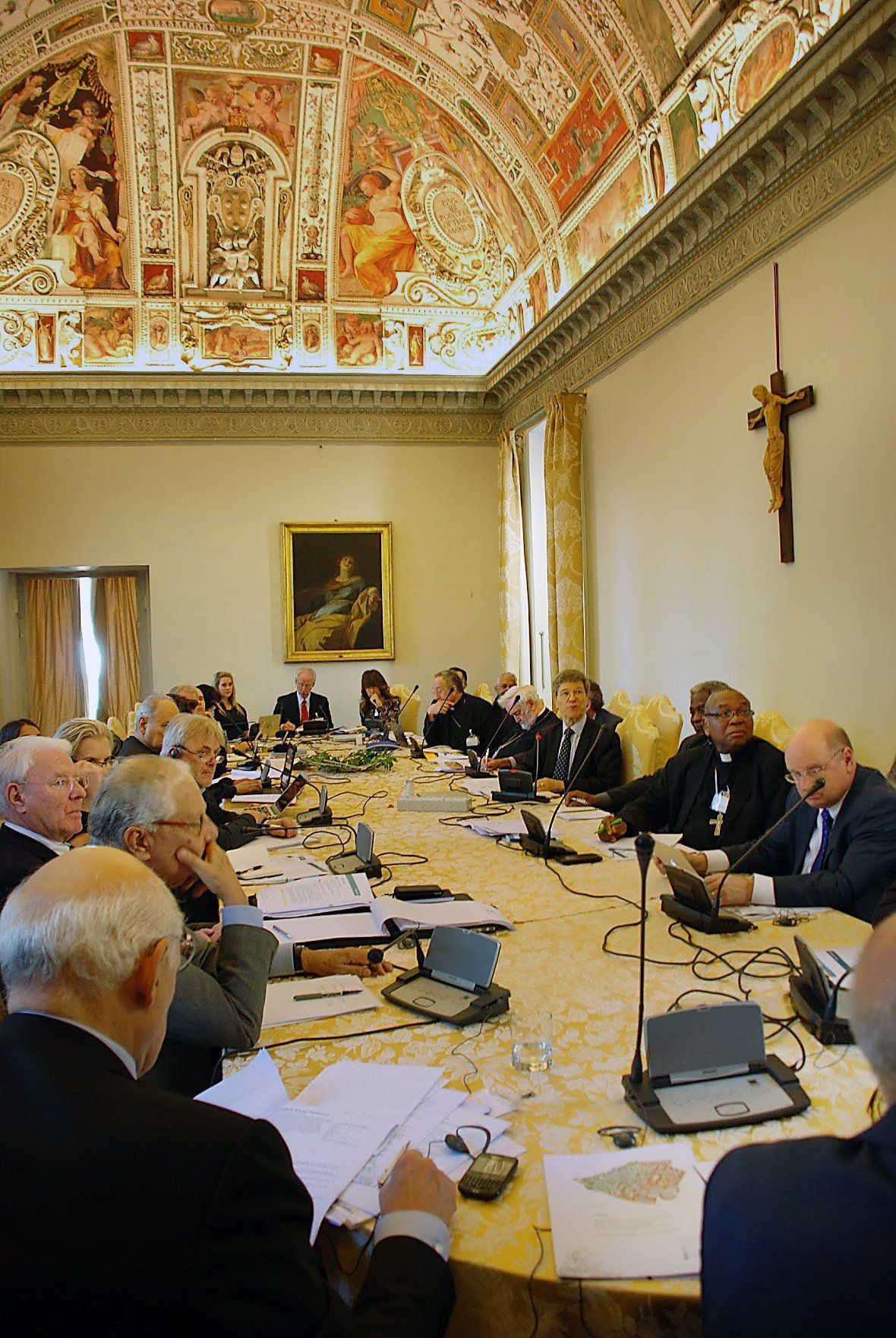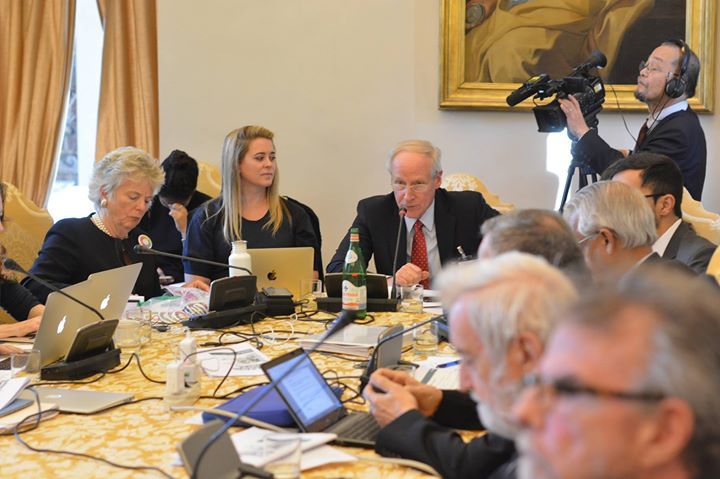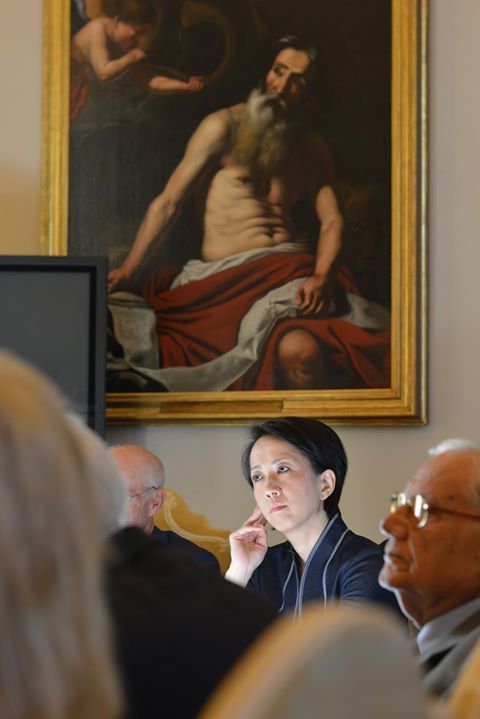Casina Pio IV, Vatican City—The Blue Chip Foundation and the The William, Jeff, and Jennifer Gross Family Foundationdonated $300,000 to the United Nations’ Sustainable Development Solutions Network, or SDSN, to ensure the establishment of a Global Fund for Education started within the next 5 years. The donation resulted from a successful first meeting of Ethics in Action, an initiative designed to deepen the world’s religions understanding of a “Moral Economy.”
Jennifer Stengaard Gross, founder of Blue Chip Foundation, is also a founder of Ethics in Action, which reviewed the evidence on the nature of poverty and collaborated to find solutions between
representatives from the world’s major religions and several non-governmental organizations.
“Our goal is to end extreme poverty. The best way to achieve that is by providing universal access to healthcare and education. It requires a holistic approach to effectively support these demographics, we also have to provide access to basic infrastructure, such as water, energy, and sanitation, says Gross.
Each of the EIA’s points address the U.N.’s sustainable development goals.
“Child labor and other forms of modern slavery must be stopped, and we need to recognize that
discrimination and violence against women, girls, and minority groups are also at-fault for poverty,” Gross says.
While Gross acknowledges that many of the steps require changes in regulation—and in some cases, social norms—they’re not financially difficult to implement. The Global Fund for Education, for example, would cost 40 billion a year.
“That is not a large amount when you consider that we live an a world of immense wealth with global activity exceeding $120 trillion a year,” Gross says, “Global financial support is essential as some lower income countries cannot make the investments that are required lift themselves out of poverty,” Gross says. The purpose of EIA is to find solutions to make that possible.
EIA also suggests diverting up to 10 percent of current global military spending, which is approximately $1.7 billion per year, to finance initiatives that help reduce poverty and exclusion; the group also wants to tax anonymous wealth that’s being held in tax havens at a rate of up to 1 percent, which would raise as much as $200 billion each year.
“It’s about more than financial support. We need global solidarity. The poor need us to form a protective circle to defend their basic human rights,” Gross says. “That includes labor rights and environmental rights.”
Ethics in Actionsupports intervention in areas like the Niger Delta to combat the injustices committed by governments and corporations, and the group supports grassroots movements and unions that help the poor become dignified agents of their own development.
EIA is calling on global religious and secular leaders to organize special, sustained efforts to promote Sustainable Development Goals and the ideas of Laudato Si’—and human dignity, freedom, and peace.
Read the complete statement generated from EIA’s first meeting here.
“Blue Chip is committed to reviving an ethical and moral quality in policy making in both a national and global forum. We are working to ensure an effective and predictable transfer of resources from the rich countries to the poor countries so that together we can alleviate poverty,” Gross says.









